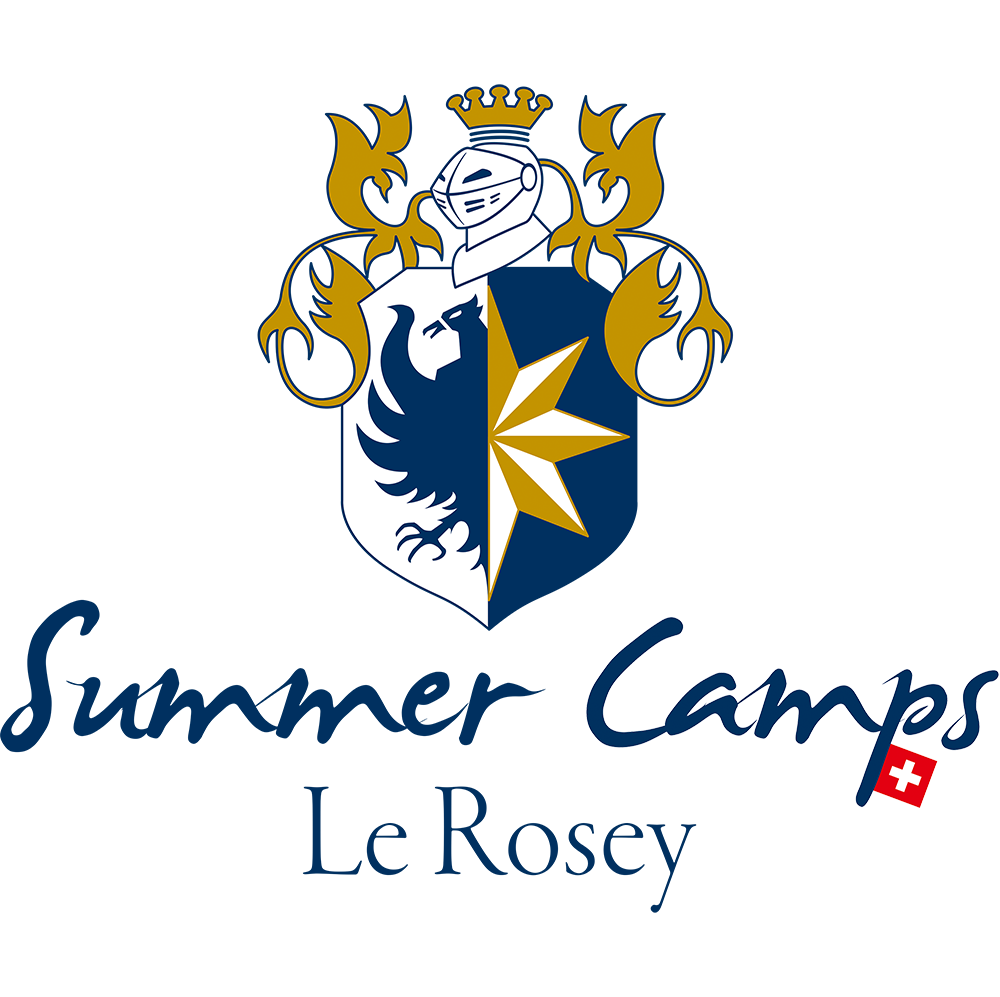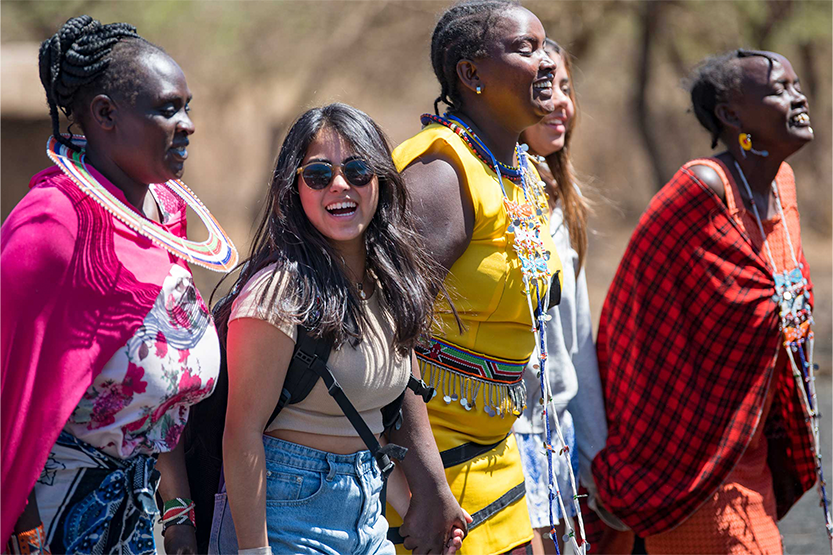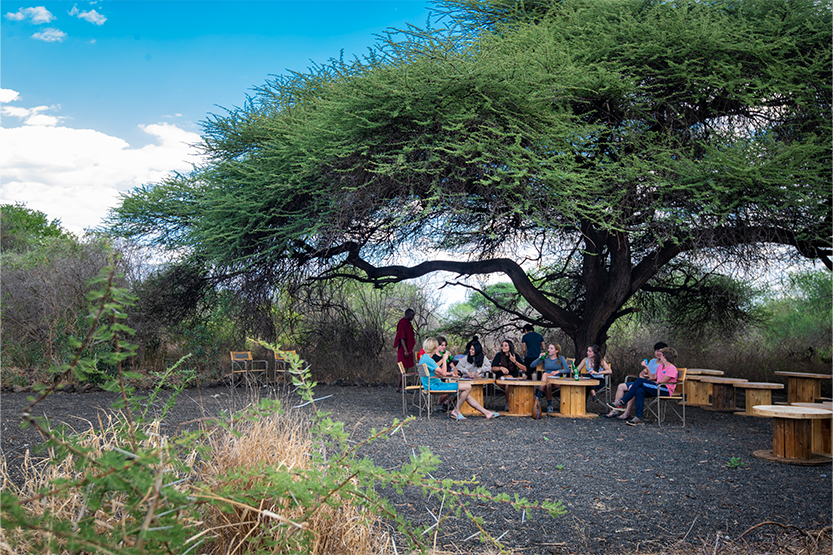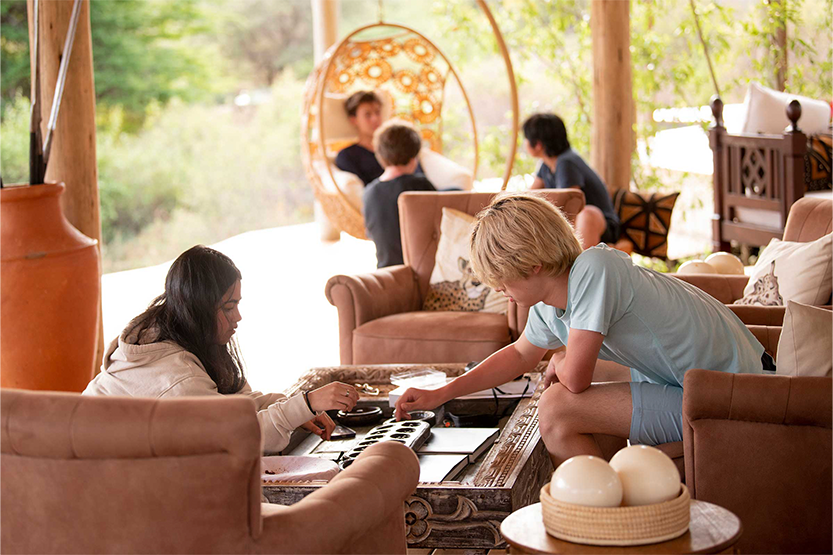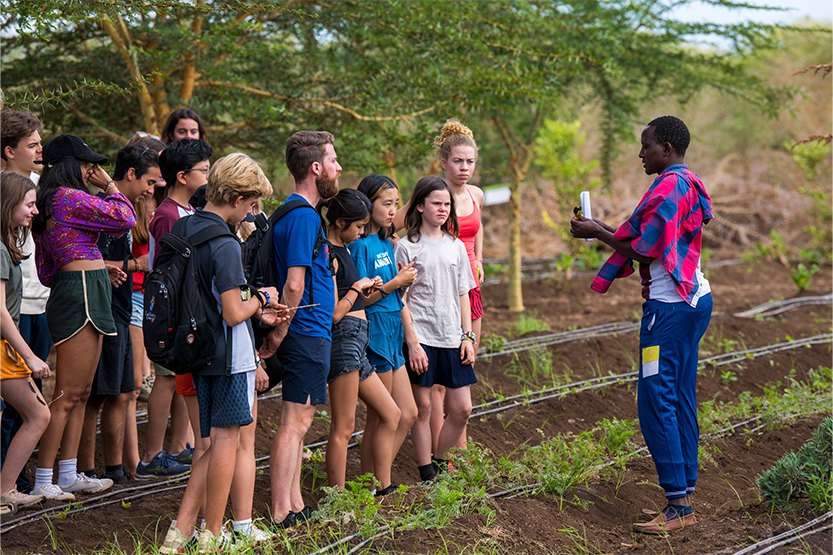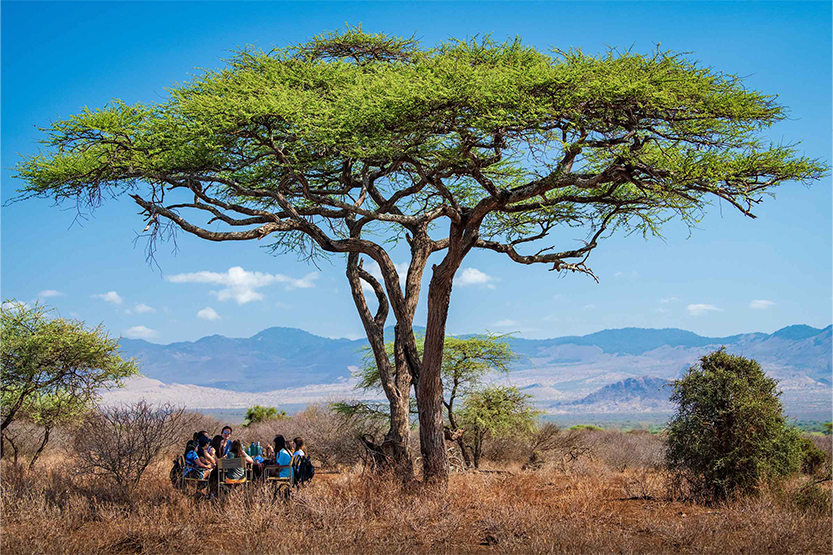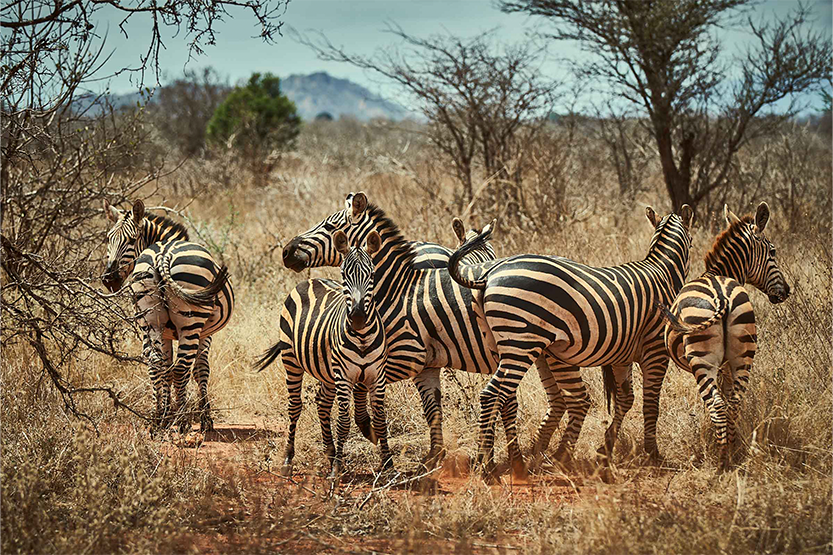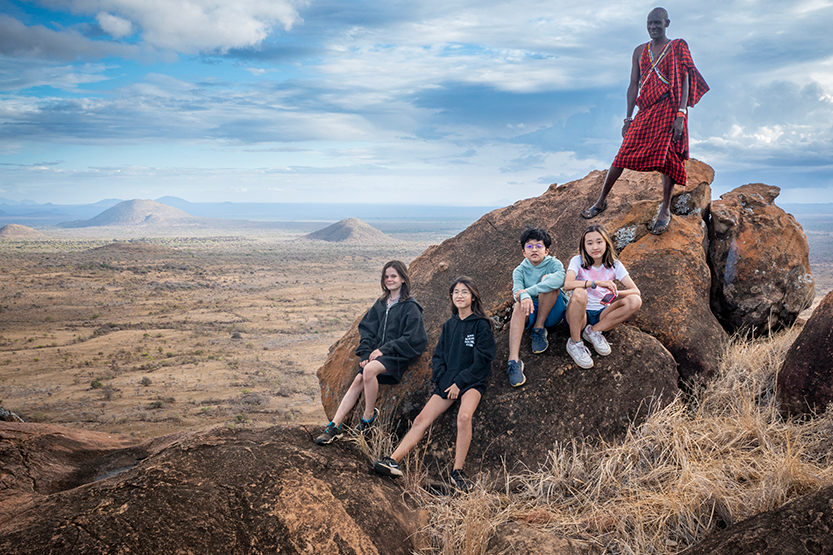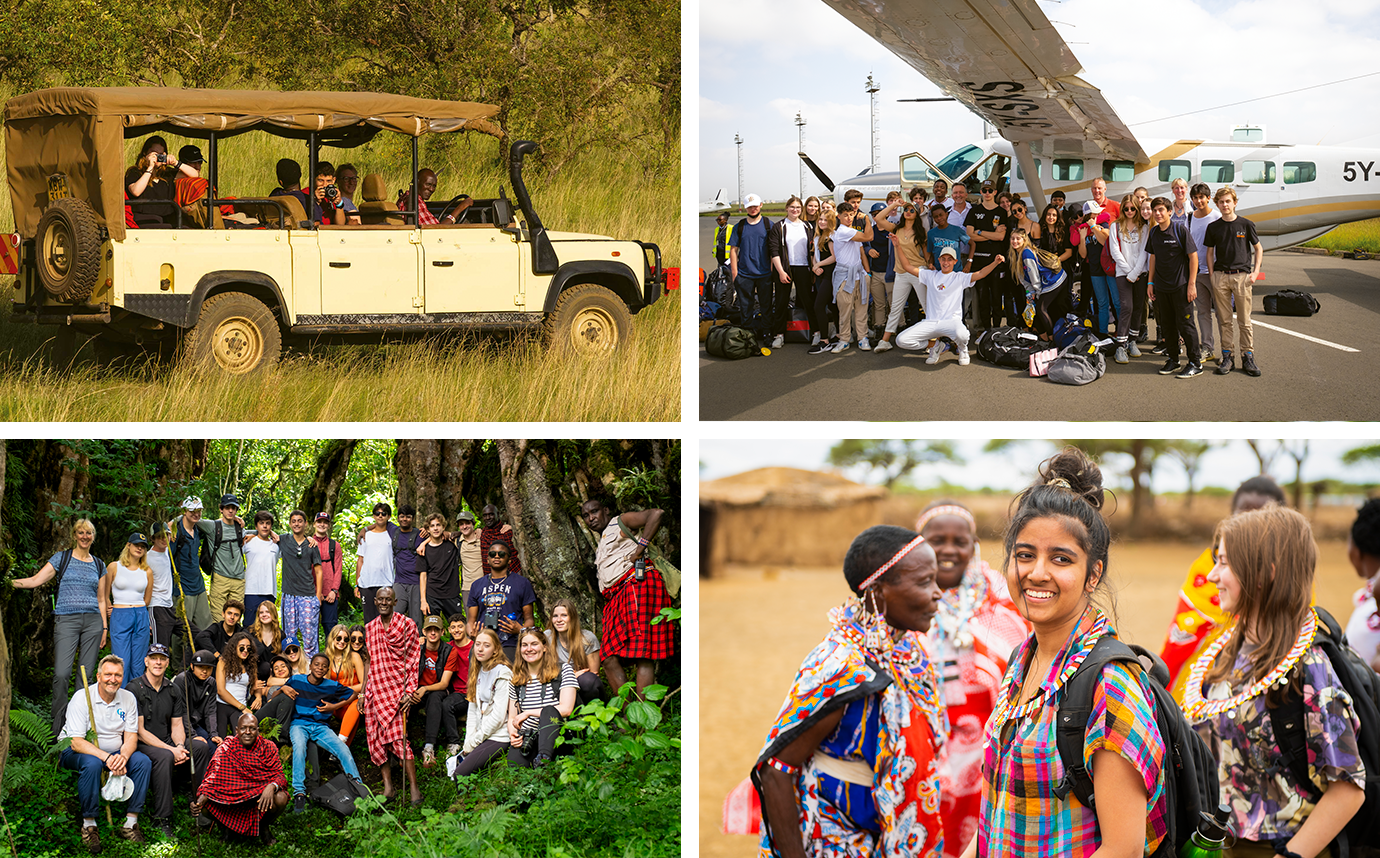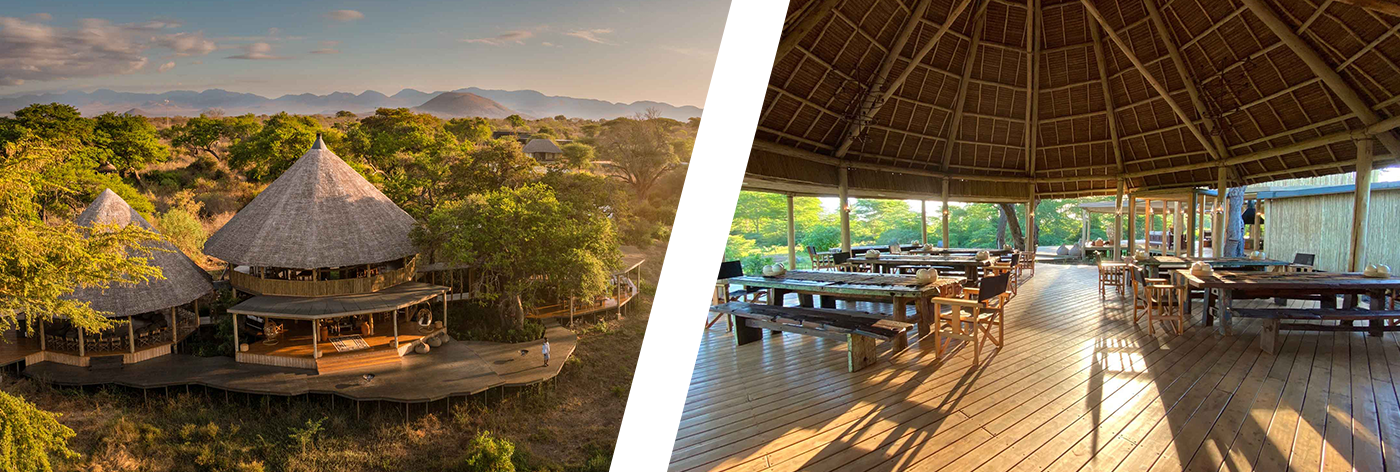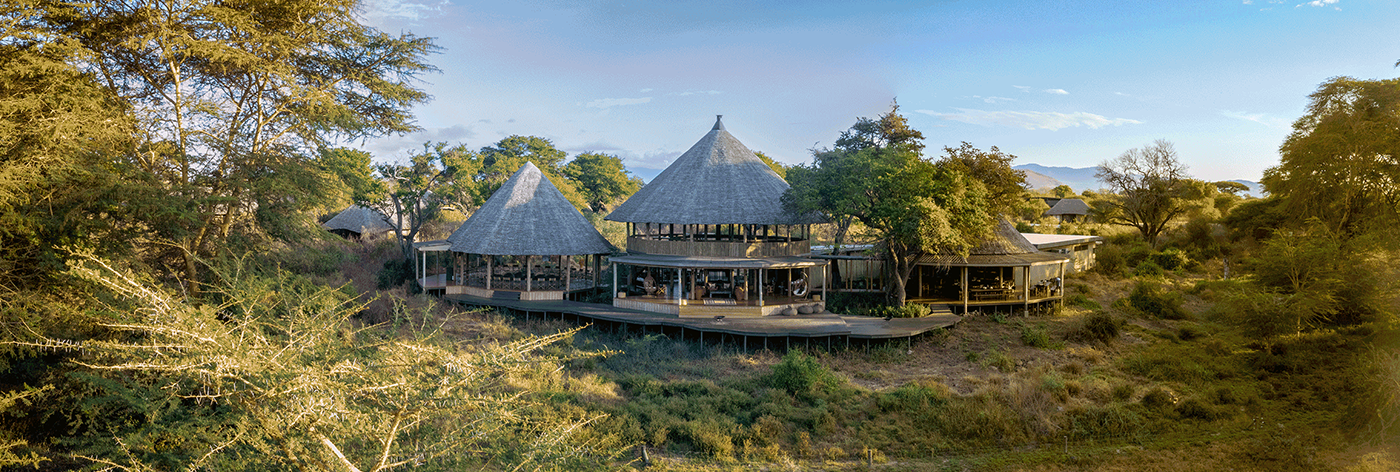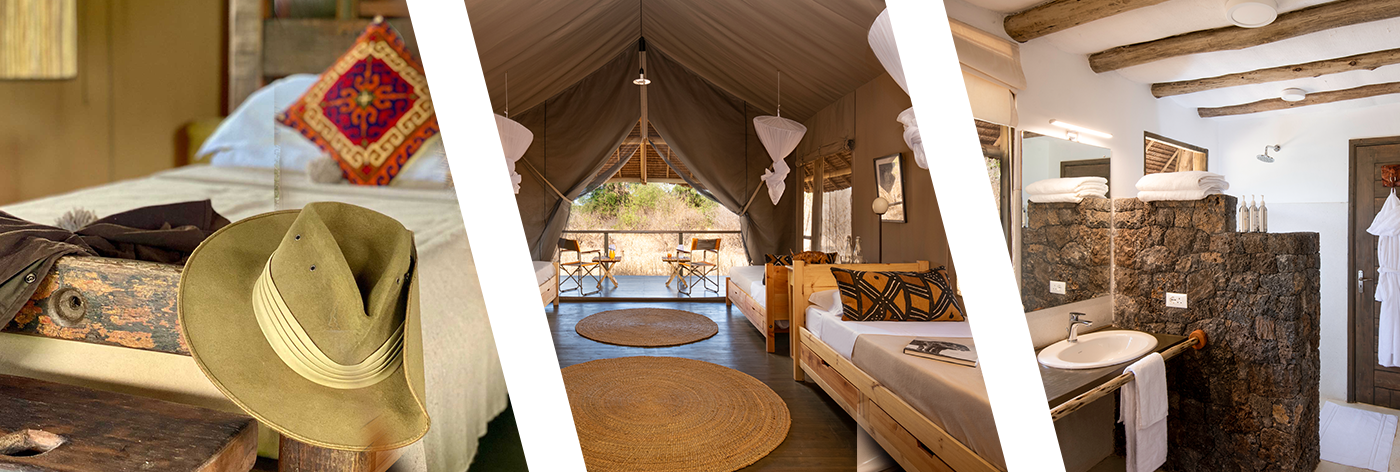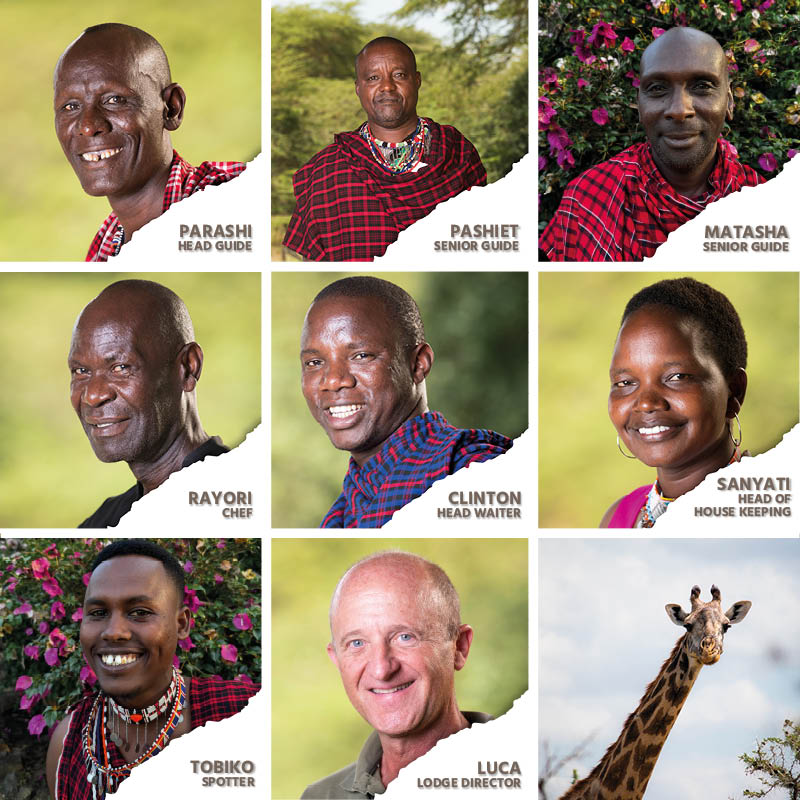Chyulu Wilderness Camp
Discover the real Africa – an Africa beyond the usual tourist trails, in Hemingway’s “Green Hills of Africa” looking across to Mount Kilimanjaro. Nestled in the beautiful region of Kenya’s Chyulu Hills, Chyulu Wilderness Camp campers will explore pristine safaris, lush cloud forests, picturesque hills and protected reserves throughout their stay. In addition to learning about how wild animals can be best preserved through ecotourism, they’ll also have opportunities to engage with local communities – immersing themselves in dynamic new cultures as part of this unforgettable journey.
At Chyulu Wilderness Camp, campers participate in projects across four main areas – Adventure Expedition, Community Volunteering, Conservation and Mindfulness – for a memorable, hands-on experience of eco-tourism and sustainable development in the heart of the African savannah. Click here to view a sample programme, subject to changes.
Perched in the shadow of Mt. Kilimanjaro at the border of Tsavo National Park, Chyulu Wilderness Camp provides an unforgettable journey to Kenya. The land is rented from the Maasai community and is situated with the 283,000-acre Maasai Group Ranch. The site covers 800 hectares and is equipped with its own private runway (45-minute flight to Nairobi). Trained personnel and emergency equipment are present at the camp; the camp plane can get to an excellent hospital within an hour.
The camp has been designed to respect traditional Maasai architecture and culture. It boasts a traditional African lounge, dining room, library, conference room, outdoor fireplace and cafe.
Chyulu Wilderness Camp can welcome up to 30 students to the camp during each programme. Each tent can house two to four students with an en-suite bathroom and is safely placed on wooden galleries. Boys and girls are in separate accommodations.
Our team is made up of experts trained in wildlife conservation, education, camp direction, hospitality and management.
